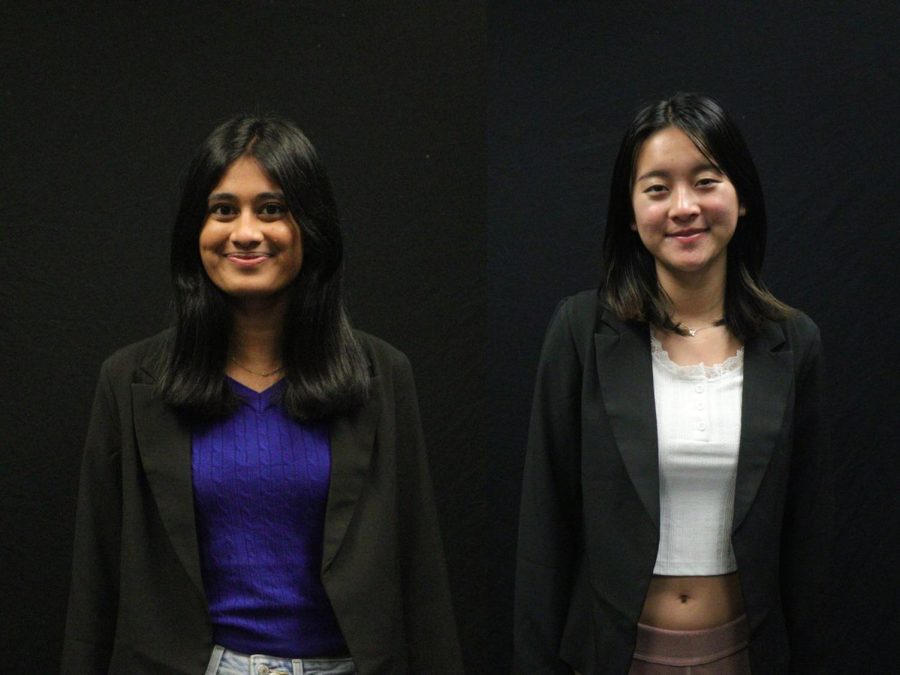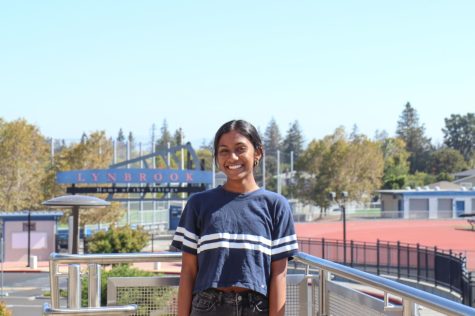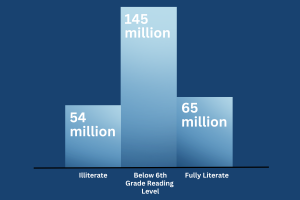Peer Court: for students, by students
Juniors Aishani Chikkareddy and Kyrsten Su are avid participants in Peer Court and work to help students receive second chances.
May 8, 2023
Rather than sentencing a student to juvenile court in the case of misdemeanors, the Santa Clara County Peer Court program helps to break the school-to-prison pipeline by allowing students to share their story and receive a genuine chance for improvement. Peer Court, a student-run initiative, trains students to act as attorneys, representing their peers who have broken California State Education Codes, such as those concerning drug use and student initiated violence. These student attorneys put together their case by interviewing their clients and presenting statements to a judge who evaluates the outcome of the student. Instead of real sentences, students are instead instructed to write apology letters or receive counseling.
Two Lynbrook juniors, Aishani Chikkareddy and Kyrsten Su, are avid participants in Peer Court and work to help students receive second chances.
Aishani Chikkareddy
Since 7th grade, Chikkareddy has acted as an attorney in the Peer Court program, successfully arguing several cases ranging from vandalism and school fights. Driven by her passion for community service and desire to help others, Chikkareddy uses her skills to advocate for her clients in Peer Court. When interviewing her clients, she makes sure to give them space and ask them thoughtful questions so she can develop strong examinations and speeches. She appreciates Peer Court’s mission of helping students in a more restorative way and typically recommends counseling, community service and apology letters to the students she works with.
“By providing these sorts of alternatives to traditional punitive measures, students aren’t pushed out of school and into the criminal justice system,” Chikkareddy said.
In one of her most difficult cases, she only received the facts an hour before trial, as it was being decided whether the student should even report to Peer Court or if they should be presented with immediate expulsion. Chikkareddy helped prevent the student from being expelled or going to juvenile court.
Chikkareddy has learned that cases are never about winning or losing, but instead, about helping the student and their needs. She advises her clients to suggest anger management or community service when deciding on restorative interventions. Learning new tactics from the opposing counsel has also helped her grow as an attorney.
Kyrsten Su
Su joined Peer Court to help the community and apply what she has been practicing in her school’s Mock Trial team to real cases. In Mock Trial, Su developed a strong understanding of courtroom procedures and has honed her skills as an attorney by participating in numerous scrimmages and competitions that have prepared her to present herself in court.
“I am excited to use my legal knowledge and public speaking skills from Mock Trial in real life applications,” Su said.
Su is dedicated to becoming an attorney and will be taking on her own cases once she practices Peer Court procedures.
Every new member of Peer Court is guided through training led by the program’s advisor and is educated on the school-to-prison pipeline. Su attended a dedicated attorney training where she learned about the acceptable rules of evidence, common cases and speeches. While Mock Trial is more analogous to a fast-paced debate competition, Peer Court emphasizes fairness and restorative measures. Humanizing the student offender is one of the main goals of Peer Court.
“We try to help students change behaviors, not punish them. This helps to redirect a life path that might eventually lead to prison,” Su said.




























































